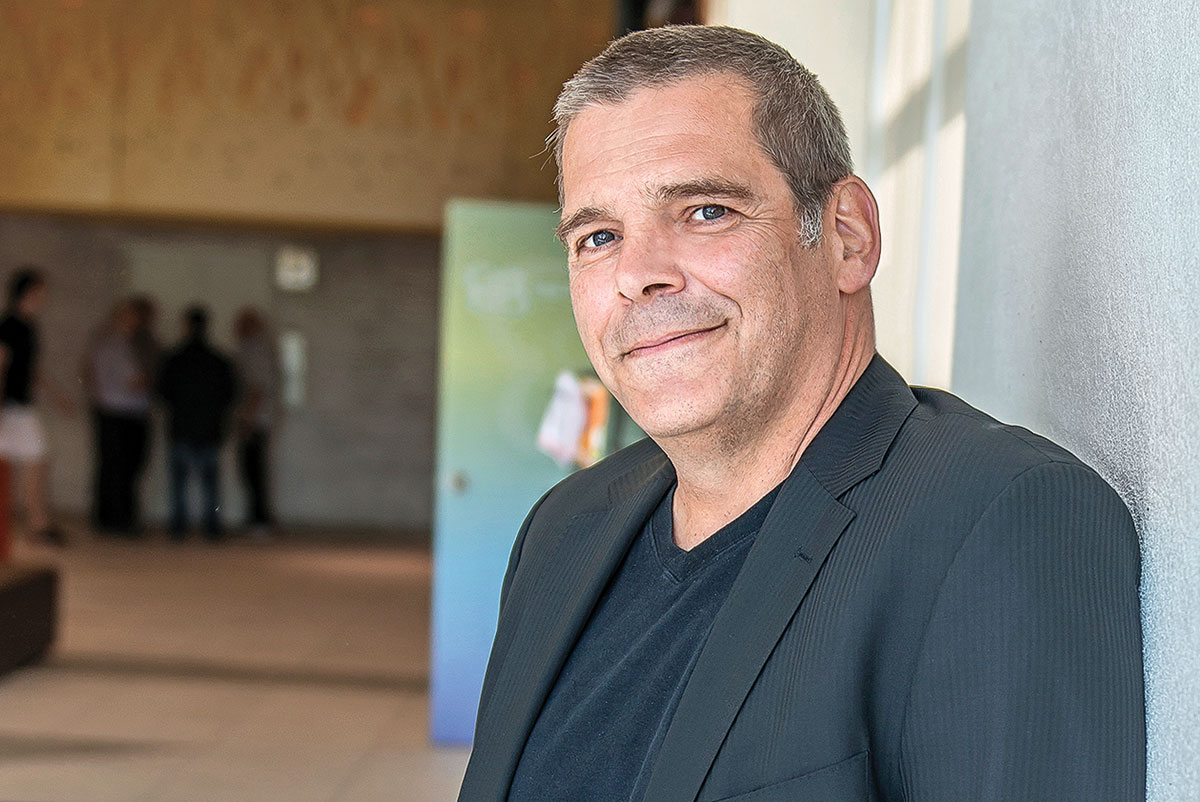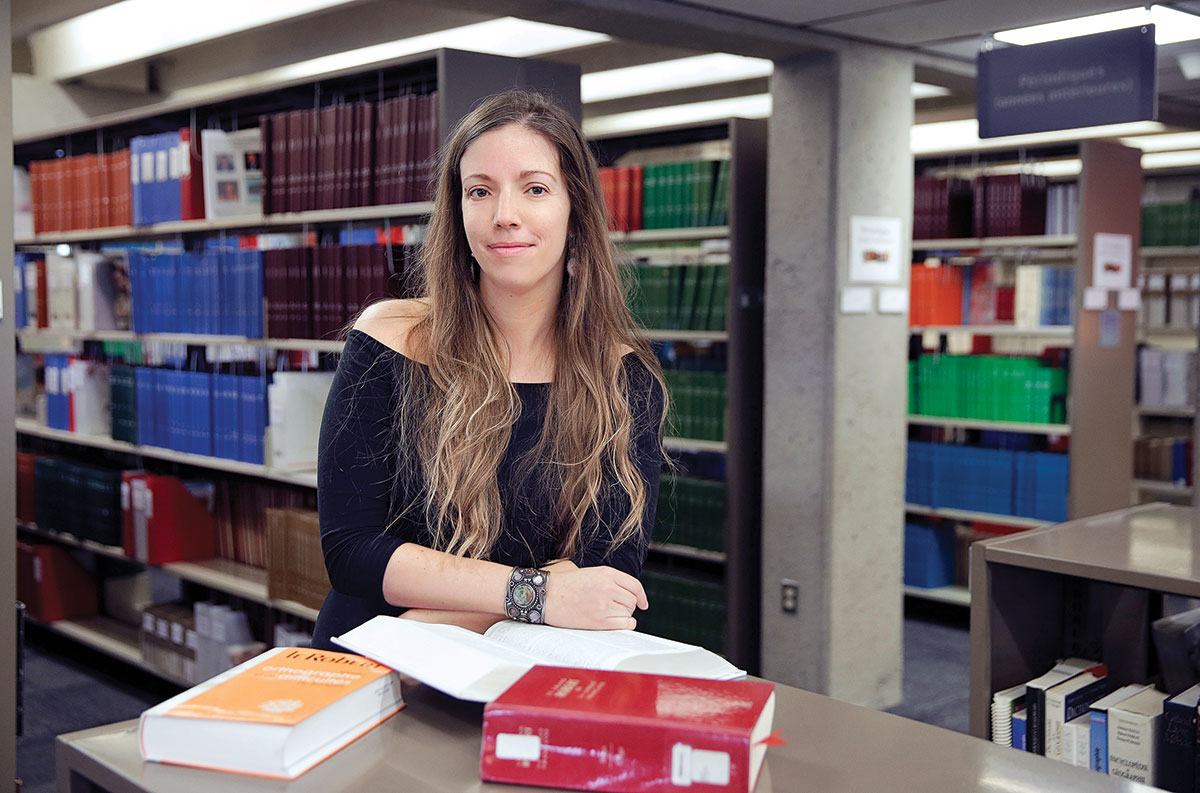From yesterday’s battles to present-day struggles, two passionate teachers attest to how far we’ve come and the challenges that remain.
In 1968, the Fédération des enseignantes et enseignants de cégep (FEC-CSQ) was created. In no time, the work of codifying and standardizing working conditions in cégeps began. According to Éric Beauchesne1, it was a tremendous success, especially considering the context of the time.
“Let’s not forget that these institutions were the result of a fusion of classical colleges and technical institutions with disparate cultures and modes of operation. For example, with regards to tasks, a universal formula was created to break down individual workloads in specific environments. This method of operation was unique to cégeps.”

Gains with multiple benefits
Throughout the decades, numerous other challenges were addressed, including a mechanism for job security to reduce employer arbitrariness when hiring workers.
“During the different national negotiations, teaching personnel also made significant gains thanks to their affiliation to a union confederation, which was the CEQ at the time (now the CSQ). Gains included better salaries, an improved pension plan, disability insurance, parental leave, regional disparity bonuses, etc. These significant advances led to increased stability for the teaching body, contributing to a better quality of education,” says the former negotiator.
Professional issues have also been at the heart of many battles. “Repeatedly, employers attempted to create departmental hierarchies that would have made teachers their subordinates. Union mobilization helped maintain the collegial functioning of departments while preserving the professional autonomy of union members,” he adds.
There is still work to do
Despite the gains made during past union battles, there is still work to do to adapt working conditions with social and technological changes. Job insecurity is now a reality for increasing numbers of teachers. In fact, it’s at the heart of future union battles.
Marianne Bouchard-Landry2 knows what she’s talking about. After 10 years of teaching, she still doesn’t have a contract: “This deplorable situation dispels the myth of universal job security, which is still too often fed to the public.”
Over the years, the workload of cégep teachers has increased, notably due to increasing administrative tasks related to teacher accountability, and updating and revising programs.
“Accelerated changes in technology also impose new constraints, particularly in the technical sector where programs must remain in line with the labour market. Subject matter knowledge evolves quickly in higher education. Continuous improvement is critical to keep skills and knowledge current,” says Marianne Bouchard-Landry.
Furthermore, the significant increase in students with special needs requires more personnel, which is impossible to obtain due to a lack of funding.
“For teachers, the situation demands more support and a great deal of management. It’s a significant source of overwork that isn’t recognized at its fair value. Added to this is the lengthy process of corrections. I don’t know of any teacher who doesn’t bring corrections home in the evenings and weekends. Excessive workloads in cégeps are not simply in the abstract!” says the literature teacher.

Commitment: union or professional?
A false dichotomy is often suggested between union and professional commitment. But one simply needs to ask these two individuals what motivates them in their work to understand. Despite difficult conditions, Marianne Bouchard-Landry loves her job.
“The image of young people portrayed in the media is fundamentally unjust. I find them curious, bold even! Their commitment to the environment is wonderful. My interaction with them fuels me both personally and professionally,” she says.
For Éric Beauchesne, his passion is just as strong after 23 years of teaching French. “When you teach, you get what you give. It’s the beauty of it. Educating young adults makes me optimistic and gives me faith in the future,” he says.
1 Éric Beauchesne is a member of the Syndicat des enseignantes et enseignants du Cégep de Bois-de-Boulogne. He has served in many capacities, including as president of his union, vice-president of the FEC-CSQ, and member of the National Negotiating Committee.
2 Marianne Bouchard-Landry is a member of the Syndicat des professeurs du Cégep de Sainte-Foy and a union executive.
